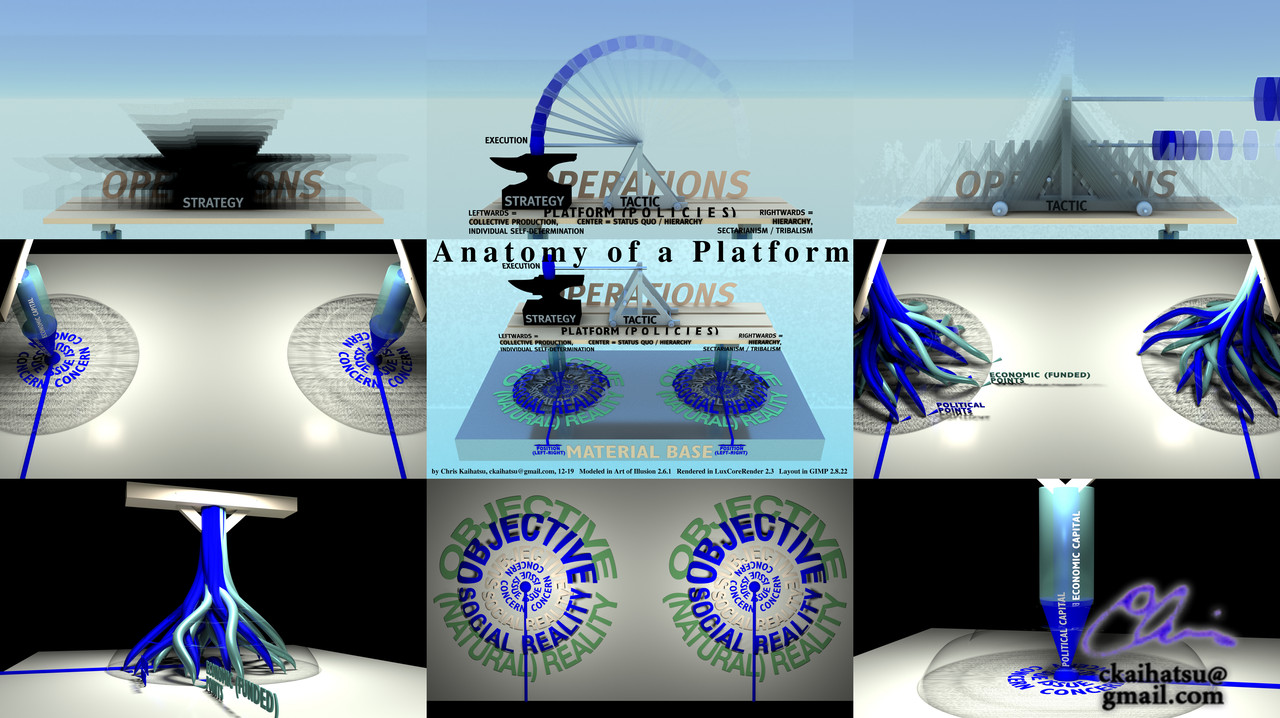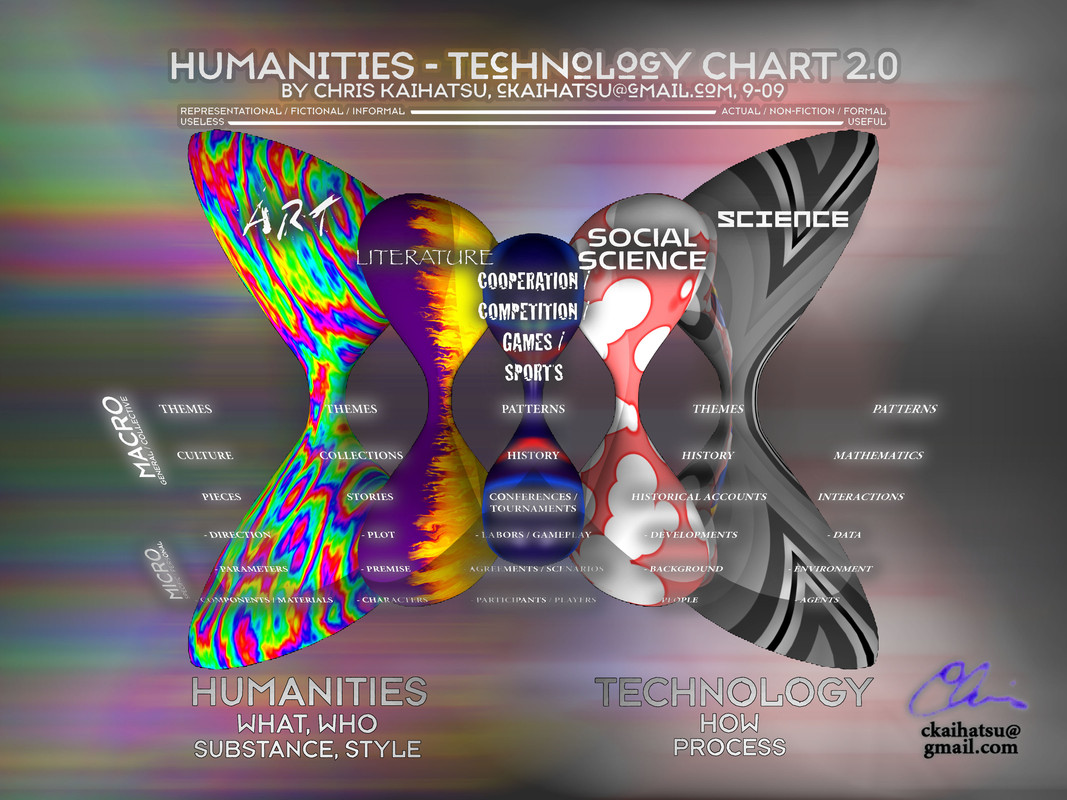Potemkin wrote:
No, it's exactly what you said. You seem to think the loss of China to the Communist sphere of influence was so inevitable that you even deny that you ever had China in the first place, contrary to all the evidence. It's the Whig theory of history on steroids, and in reverse.
History ain't fantasy.
What we have learned in the intervening years, is that Mao had gained the support of the people. Conversely, Chiang had lost that support.
"© Constitutional Rights Foundation, 2016 1
Why Did the Communists Win the Chinese Revolution?
From 1911 to 1945, China experienced a revolution, a
struggle against warlords, a civil war between the
Nationalists led by Chiang Kai-Shek and the
Communists led by Mao Zedong, and invasion by the
Japanese. After the defeat of the Japanese in World
War II in 1945, a full-blown civil war erupted again in
1946. The Nationalists were backed by the United
States and the Communists had support from the
Soviet Union. By 1949, Chiang and the Nationalists,
despite having more soldiers than the Communists,
were defeated and forced to evacuate the Chinese
mainland for the island of Taiwan.
...Historians point to a number of factors for the
nationalists defeat...
Chiang’s Kuomintang government was filled with
incompetent and corrupt officials. The people especially hated the tax collectors, who
were commonly called “blood-sucking devils.” Chiang himself held dictatorial powers,
but his orders were often ignored. He had little success in rallying Chinese nationalism
to win an unpopular war against the Communists.
Chiang’s decision to go to war against the Communists in 1946 came at the cost of
postponing the economic reconstruction of China. This meant diverting tax revenues,
investment, and other resources to the war effort rather than to the needs of the people.
Heavy taxes, a huge government debt, inflation, unemployment, and food shortages
caused many, especially in the cities, to lose faith in the Nationalist government.
Economic discontent in the cities led to thousands of labor strikes. Students, newspaper
editors, and intellectuals protested against Chiang’s Nationalist government. They
demanded an end to the civil war and the creation of a government that included the
Communists. The Nationalists responded with censorship, beatings, mass arrests, and
even assassinations. This repression drove many to the Communist cause.
Chiang’s army had more soldiers than Mao’s, but it was poorly led. Chiang’s military
was not coordinated by a central command. Generals tended to head independent
armies and even competed with one another for food and ammunition. Many officers
were corrupt, sometimes selling for personal profit the rice intended for their troops.
Chiang’s military supply system was inadequate, unreliable, and crippled by corruption.
More important, few
volunteered to join Chiang’s
armies. Most soldiers were
drafted against their will or
even kidnapped by army
“recruiting squads.” Soldiers
were poorly trained, clothed,
and fed. Officers enforced
discipline by beating them.
Some were roped together on
marches to prevent them
from deserting."
More at the link:
https://www.crf-usa.org/images/t2t/pdf/ ... lution.pdf

















 - By wat0n
- By wat0n - By JohnRawls
- By JohnRawls - By Tainari88
- By Tainari88